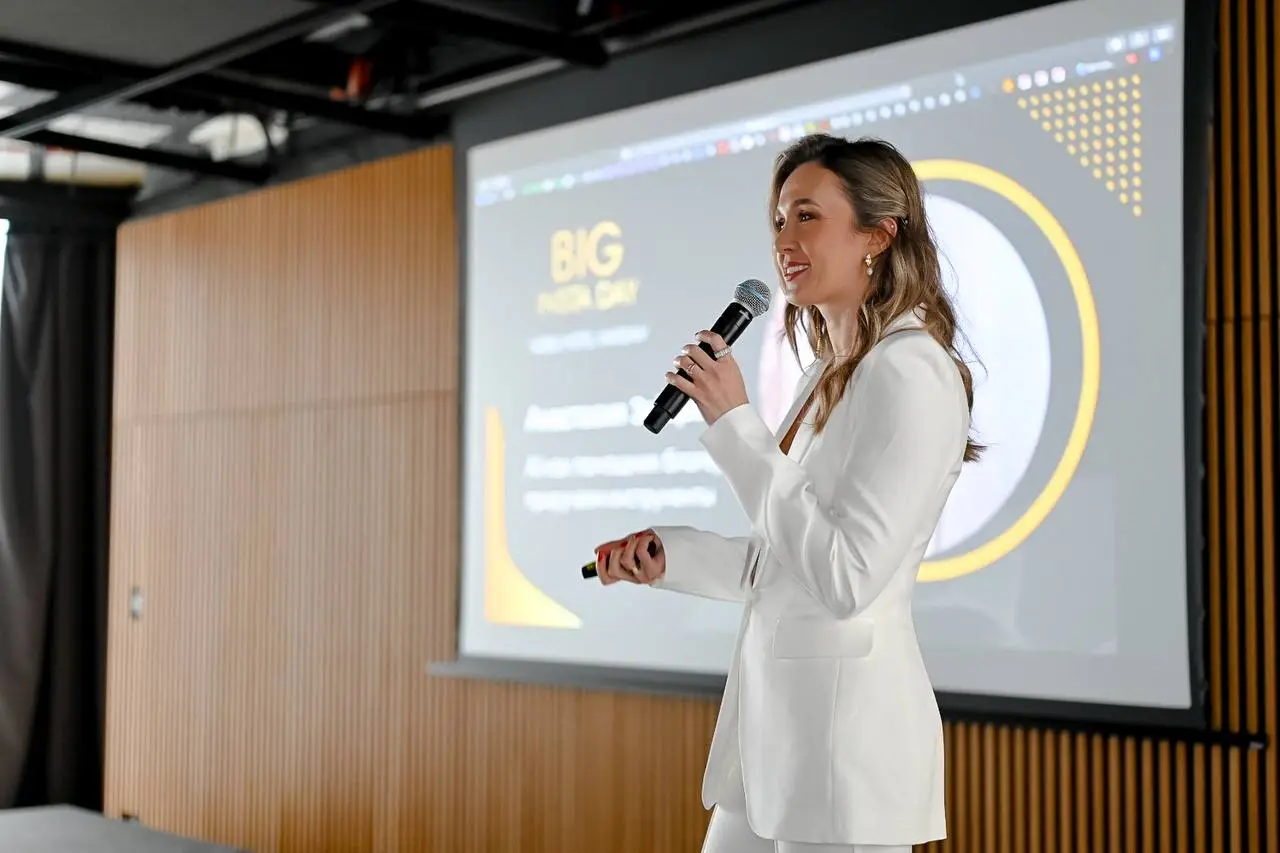OpenAI’s new funding, Apple’s Depth Pro, Meta’s Movie Gen, and the Nobel Prize — the top 4 AI news stories of the week
Our latest AI Digest covers the biggest breaking AI news of the week. Anastasia Zaiceva is the Chief Communication Officer at ZiMAD (an adviser to startups), and the author of a Telegram channel about AI news. She comments on this week’s key stories.

First, there is news that overshadows all venture announcements of recent years. It is almost unbelievable, but:
#1 — OpenAI has raised $6.6 billion and increased its valuation to $157 billion
According to OpenAI, these funds will be used to expand computing capacity, advance cutting-edge research in the field of AI, and create new tools for solving complex problems. Among other plans are the development of generative AI, including models trained to spend more time “thinking” before they respond, and increasing the accessibility of AI solutions for businesses and developers around the world.
The company claimed that more than 250 million people use ChatGPT each week to improve their work, support creativity, and facilitate learning. This demonstrates the growing interest in artificial intelligence tools across various industries.
In addition to its considerable success, OpenAI is navigating key leadership departures and a complicated transition from a non-profit model to a more flexible corporate structure. The transition was reflected in the conditions of the new investment round and is expected to be completed within the next two years.
#2 — Apple releases Depth Pro — AI model that upends 3D vision
Apple recently announced Depth Pro — a new artificial intelligence model that radically upends 3D vision. This tool is designed to create exceptionally precise real-time 3D depth maps, significantly improving image processing. One of the key innovations: Depth Pro can build detailed depth maps from a single 2D image without the need for camera metadata. This is a serious breakthrough in computer vision technologies.
The model has potential applications in industrial design, medicine, and augmented and virtual reality. Apple has made Depth Pro open source, and it claims that the technology will enable developers to create new applications for 3D modeling. This is particularly relevant in light of the upcoming release of the Apple Vision Pro device.
Depth Pro could significantly impact the development of augmented reality technologies — opening new horizons for the integration of 3D visualization into everyday tasks and applications. It underscores Apple’s commitment to expanding the capabilities of artificial intelligence in its products and services.
#3 — Meta prepares to launch AI video model Movie Gen in 2025
Meta announced plans to launch its powerful AI-powered video generator, Movie Gen, on the Instagram platform in 2025 as part of Meta’s efforts to capture a leadership position in the rapidly evolving field of AI-based generative video. Movie Gen will be capable of creating realistic and high-quality short videos and audioclips. In addition, it enables users to easily make precise edits to existing video clips and to personalize the clips using just a single photo.
Meta plans to use Movie Gen to significantly enhance the user experience on Instagram — both new and experienced users will be able to create videos with minimal involvement in the process. This is a response to the competition in the field of AI video, which is actively being developed by companies such as Runway and Stability AI.
#4 — The Nobel Prize in Physics awarded for contributions to machine learning and AI development
Scientists Dr. John Hopfield, emeritus professor at Princeton University, and Dr. Geoffrey Hinton, professor at the University of Toronto who was formerly with Google, were awarded the 2024 Nobel Prize in Physics for their contributions to the development of machine learning and artificial intelligence. They were recognized for creating a model of neural networks to describe associative memory that helped create the field of machine learning and for developing new neural networks. These discoveries helped make significant breakthroughs in AI, such as object identification in images and the creation of materials with special properties. The award amount is 11 million Swedish kronor.


.png)
